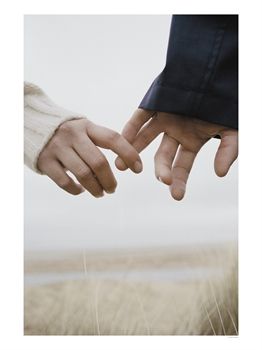Note: Watch the short video version of this here.
The internet is furious again — and this time, it’s because a widower dared to rebuild his life. Kentucky Representative Thomas Massie announced on social media that he recently got married to former congressional staffer Carolyn Grance Moffa — just 16 months after his late wife, Rhonda, passed away unexpectedly. And almost immediately, the grief police showed up in full force. They criticized him for marrying “too soon,” accused him of not loving his late wife enough, and even threw around accusations that the relationship must have begun before Rhonda died.
Here’s what most people don’t realize: it’s actually very common for widowers to remarry relatively quickly. It’s also common for them to marry someone already in their social or professional circle — someone they already know and trust. None of Massie’s behavior is unusual. The real issue is that our society doesn’t understand how grief works or how men process loss, and that ignorance leads to misconceptions, judgment, and guilt.
Now, some of you might be wondering, “How do you know he was ready to open his heart again?” The truth is, I don’t know Representative Massie personally — but neither does anyone else criticizing him online. And that’s the point. We don’t get to determine someone else’s emotional readiness just because it doesn’t line up with what we think we might do.
Grief doesn’t follow a schedule. There isn’t a calendar where you flip to month sixteen and suddenly receive permission to date again. It’s a deeply personal, invisible process that plays out differently for every human being. The heart doesn’t forget, it grows. Love is not a limited resource and when someone finds the courage to open their heart after devastating loss, that should be something we honor, not attack.
And if you’re a widow or widower who chooses not to date or remarry — or you believe you would never date again if your spouse passed — that’s fine. That’s your choice. But it’s not morally superior. You don’t earn virtue points for remaining alone forever.
So please — stop policing the grief of others. Stop telling widows and widowers how long they’re required to suffer. Life doesn’t end when a spouse dies. It continues. And for those who find love again, we should celebrate the new chapter, not shame them for turning the page.
I’m Abel Keogh, author of Dating a Widower. Thanks for watching, and we’ll see you next week.






